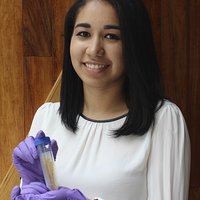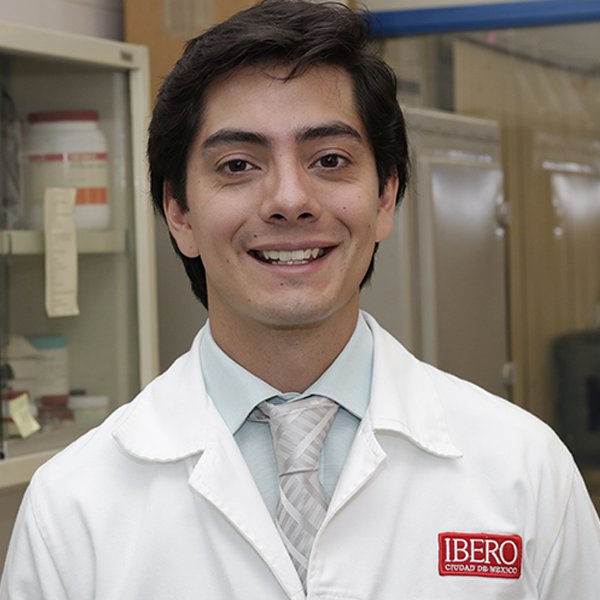One of Mexico´s most pressing
challenges is obesity, which affects seven of every 10 people, according to
data from the OECD, making it one of the countries with the highest incidence
of diabetes and cavities worldwide. On the other hand, Mexico is also one of
Latin America´s top emitters of CO2, with 40% of these emissions stemming from
the burning of agricultural waste. These seemingly unconnected facts inspired
Javier Larragoiti to develop an innovative process which is both less expensive
and more ecological than existing agricultural waste disposal methods and
produces a marketable sugar substitute.
One day during this young man´s continual search for practical, every day,
scientific applications, Larragoiti visited a farm in the Mexican state of
Puebla where he observed enormous quantities of agricultural waste, in large
part from corn crops, which are later burned, thereby releasing CO2 and other
toxic substances into the atmosphere. He then linked this observation with his
sister´s dentistry doctoral thesis on the properties of a sweetener called
xylitol: specifically, that it does not cause cavities, is suitable for
diabetics and contains a lower caloric value than sugar. This compound is
produced from xylose, which is abundant in corn.
While the use of xylitol as a sweetener is nothing new, having been produced in
Finland, where it is extracted from birch trees, since the 1950s, and is still
included today in processed food products like chewing gum, Larragoiti´s
approach is novel because, for the first time, it extracts this substance from
corn, an inexpensive prime material which does not require any additional
processing, unlike certain biofuels, for example.
His next step consisted of engineering an innovative chemical process to
produce xylitol. Instead of using the traditional catalytic hydrogenation
method, which relies on catalyzers and high temperatures and pressure
conditions (thereby impacting production costs and the amount of energy
required to execute the process), Larragoiti devised a biorefinery system.
Through the fermentation of a local variety of high-performance yeast at just
30°C and under normal atmospheric pressure conditions, this process not only
produces xylitol but also reusable byproducts, like cellulose and lignin, which
can be used to generate 50% of the energy consumed by the process itself.
Commercialization efforts for the xylitol obtained through Larragoiti´s process
is still in their infancy, but are quickly taking shape. This young
entrepreneur, alongside four partners, has co-founded the company XiliNat and
established an initial pilot plant to debug and refine the process. Currently,
biorefined xylitol production costs are 50% lower than the cost of the
traditional process.
In parallel with the recruitment of new investors, the young inventor is
developing a plan to establish more production plants near important
agricultural centers, where producers can offer the greatest benefit. While
Larragoiti´s efforts are focused on the commercial development of xylitol,
other research groups are also studying new uses for the rest of the waste
products generated by the process.
According to the director of the postgraduate studies program at the
Biotechnology and Food Products School at the Monterrey Institute of Technology
and Higher Education (Mexico) and jury member for the Innovators Under 35 Latin
America 2017 competition, Jorge Welti, "the production method and the
prime material employed [by Larragoiti] are innovative, through the application
of a biotechnological process [which he has] made more ecological, sustainable
and respectful of the environment."




